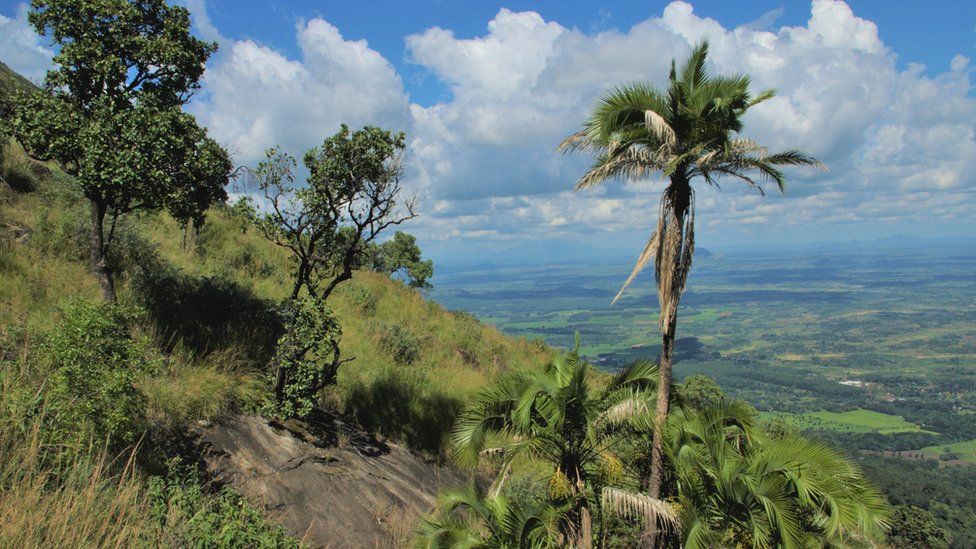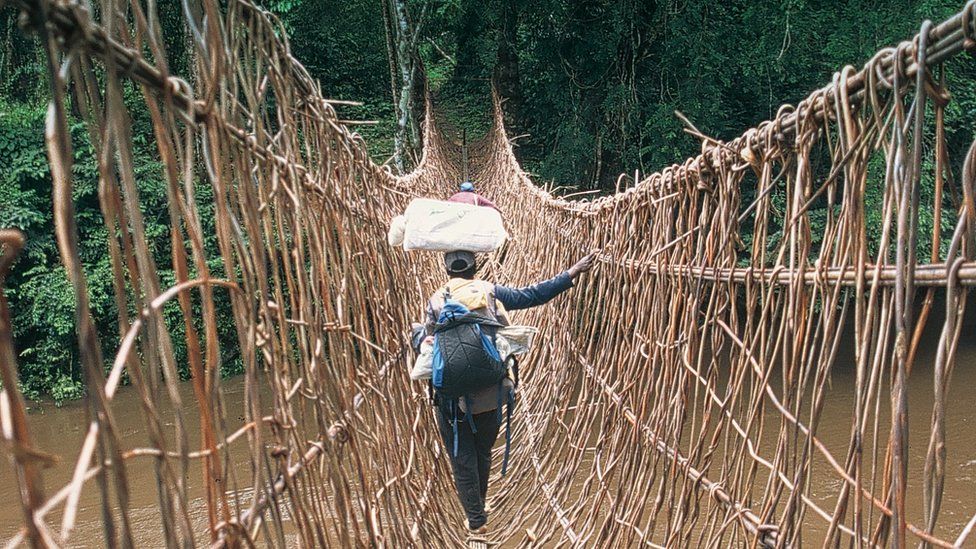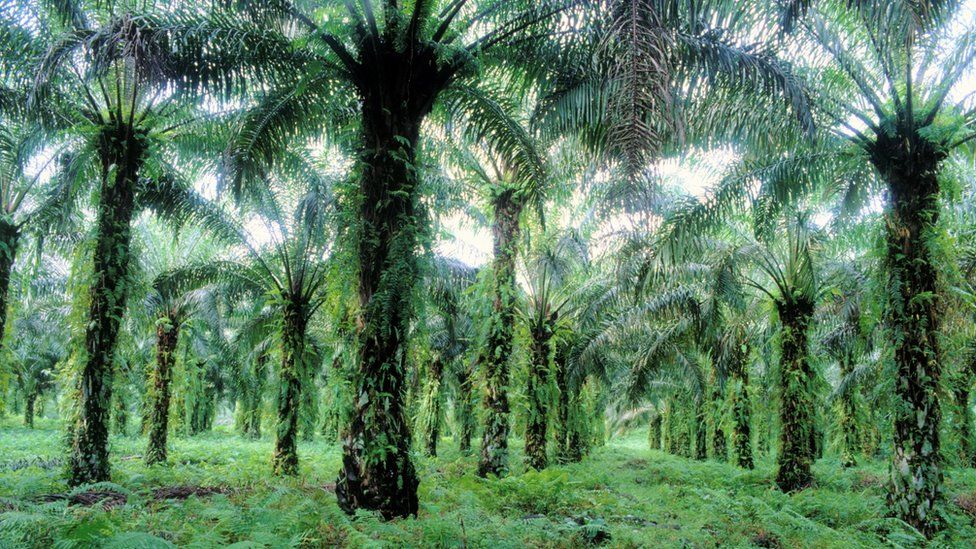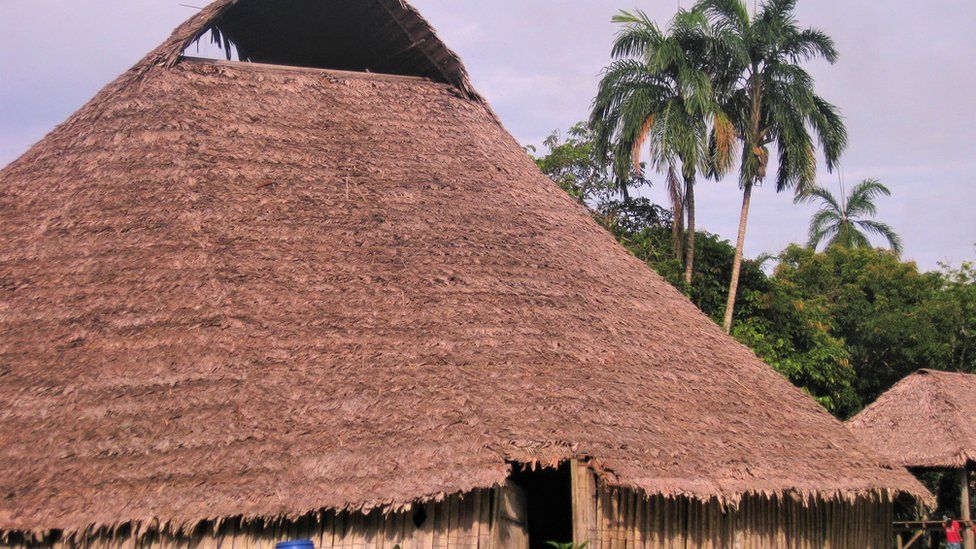 RBG Kew
RBG KewMore than a thousand species of palm tree are at risk of extinction, according to a study.
Scientists used artificial intelligence to assess risks to the entire palm family, from tall trees to climbing plants.
The data gives a much better idea of how many, and which, palm species are under threat.
Palms are a huge plant family that provide millions of people with food, drink and shelter.

“We need to do all we can to protect biodiversity and that encompasses more than a thousand palm species that we now know may be threatened,” said study leader, Dr Sidonie Bellot of the Royal Botanic Gardens, Kew, London.
She said action was needed to conserve plants on the ground and to collect more data on them, which cannot be done without the people who live in the regions where palms grow and who use the palms daily.
Palm trees have a host of uses, including as staple crops such as coconut, palm oil or dates, or in the making of furniture, rubber, oil and ropes.
Scientists are concerned about extinction risks to lesser-known wild relatives of popular ornamental or commercially grown palms.
They say wild plants are invaluable to local people, but could vanish even before their full potential is known.

Official assessments of extinction risk are time-consuming and costly, prompting the Kew-led team to investigate machine learning as a tool.
Their data suggests more than a thousand species – just over 50% of palms – are threatened with extinction.
“With these predictions we can help to prioritise conservation activity and to target species with further conservation work in the countries where they are most at risk,” said Dr Steven Bachman, research leader in Kew’s conservation assessment and analysis team.
The team has designated Madagascar, New Guinea, the Philippines, Hawaii, Borneo, Jamaica, Vietnam, Vanuatu, New Caledonia and Sulawesi as priority regions for palm conservation.

Palms are the most iconic plant group in the tropics and one of the most useful too, added Dr Rodrigo Cámara-Leret of the University of Zurich, who worked on the study.
The study gives a much better idea of how many, and which, palm species are under threat, he said.
Palms are among the most economically important of all plant families, with hundreds of wild species supporting millions of people across the world.
They provide building materials for homes and tools, as well as food and medicine for hundreds of communities across the tropics.
According to the research, published in Nature Ecology and Evolution, at least 185 palm species that have a use may be threatened in 92 regions, further emphasising the need to protect these plants.
Follow Helen on Twitter @hbriggs.








